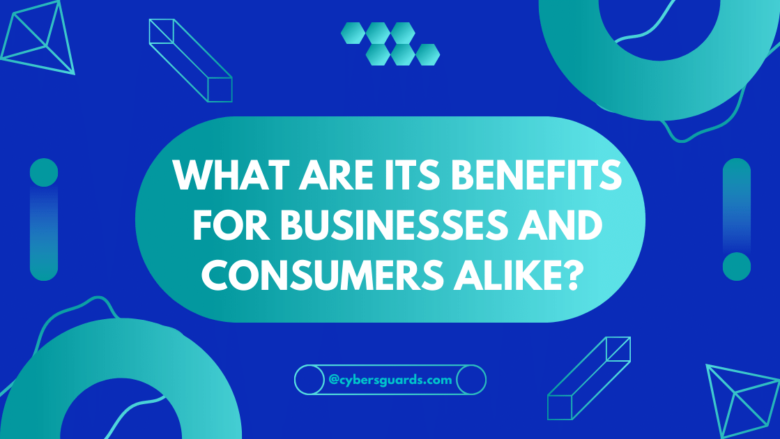With the advent of worldwide privacy legislation placing a focus on how consumer data is acquired and used, your company is going to require a consent management platform (CMP).
What Is a Consent Management Platform and What Are Its Benefits for Businesses and Consumers Alike?
A CMP (consent management platform) is a tool that helps organizations keep track of consents given by individuals. This could be in the form of a physical or electronic document. The aim of such a platform is to make it easier for organizations to manage and store these consents, as well as ensure that they are compliant with data protection regulations.
The benefits of using a CMP for businesses include:
- Improved data accuracy and integrity – When consents are stored in one central location, it is easier to keep track of them and ensure that the information is accurate. This can help to reduce the risk of data breaches and compliance issues.
- Easier identification of high-risk consents – By storing consents in one place, businesses can quickly identify which ones pose a higher risk. This could be due to the type of data involved or the sensitivity of the information.
- Enhanced customer experience – A consent management platform can help businesses to provide a better customer experience by making it easier for individuals to give and withdraw consent.
The benefits of using a CMP for consumers include:
- Easier access to information – Consumers can access their consents quickly and easily, which can help them to make decisions about how they want to share their data.
- Greater transparency – Consumers can see exactly what information is being collected about them and how it will be used. This can help to build trust between businesses and consumers.
- More control – Consumers have more control over their data when they use a consent management platform. They can easily withdraw consent if they change their mind about sharing their information.
How Does a CMP Work?
A consent management platform typically works by integrating with an organization’s existing systems, such as its customer relationship management (CRM) system or enterprise resource planning (ERP) system. This integration allows businesses to automatically track and store consents given by individuals.
The platform will also usually provide a user-friendly interface that makes it easy for individuals to give and withdraw consent. This can help businesses to improve customer satisfaction by providing an easy way for people to manage their data privacy preferences.
What Are the Compliance Requirements for a Consent Management Platform?
When choosing a consent management platform, it is important to ensure that it meets the compliance requirements of your organization. The platform should be able to support the following key compliance requirements:
- The ability to store data in a secure and tamper-proof manner
- The ability to automatically track and record consents given by individuals
- The ability to provide an easy-to-use interface for individuals to give and withdraw consent
- The ability to generate reports on consents given and withdrawn
- The ability to integrate with other systems, such as CRM or ERP systems
Organizations should also consider their specific compliance needs when choosing a consent management platform. For example, some businesses may need to comply with industry-specific regulations, such as the General Data Protection Regulation (GDPR) in the European Union.
What Industries Can Benefit From Using a CMP?
Any business or organization that collects, stores, or processes personal data can benefit from using a consent management platform. This includes businesses in a wide range of industries, such as healthcare, retail, financial services, and technology.
Healthcare organizations can use a consent management platform to track and store patient consents for the use of their personal data. This can help to ensure that patients are aware of how their data will be used and can give or withdraw consent as needed.
Retail businesses can use a consent management platform to track and store customer consents for the use of their personal data. This can help to improve customer satisfaction by making it easy for customers to manage their data privacy preferences.
Financial services organizations can use a consent management platform to track and store customer consents for the use of their personal data. This can help to improve customer satisfaction and reduce the risk of compliance issues.
Technology businesses can use a consent management platform to track and store customer consents for the use of their personal data. This can help to improve customer satisfaction and reduce the risk of data breaches.
Conclusion
Overall, using a consent management platform can offer benefits for both businesses and consumers. It can help to improve data accuracy and integrity, as well as enhance the customer experience. For consumers, it provides greater transparency and control over their data. For businesses, it can help to reduce the risk of compliance issues and data breaches.











FIND US ON SOCIALS